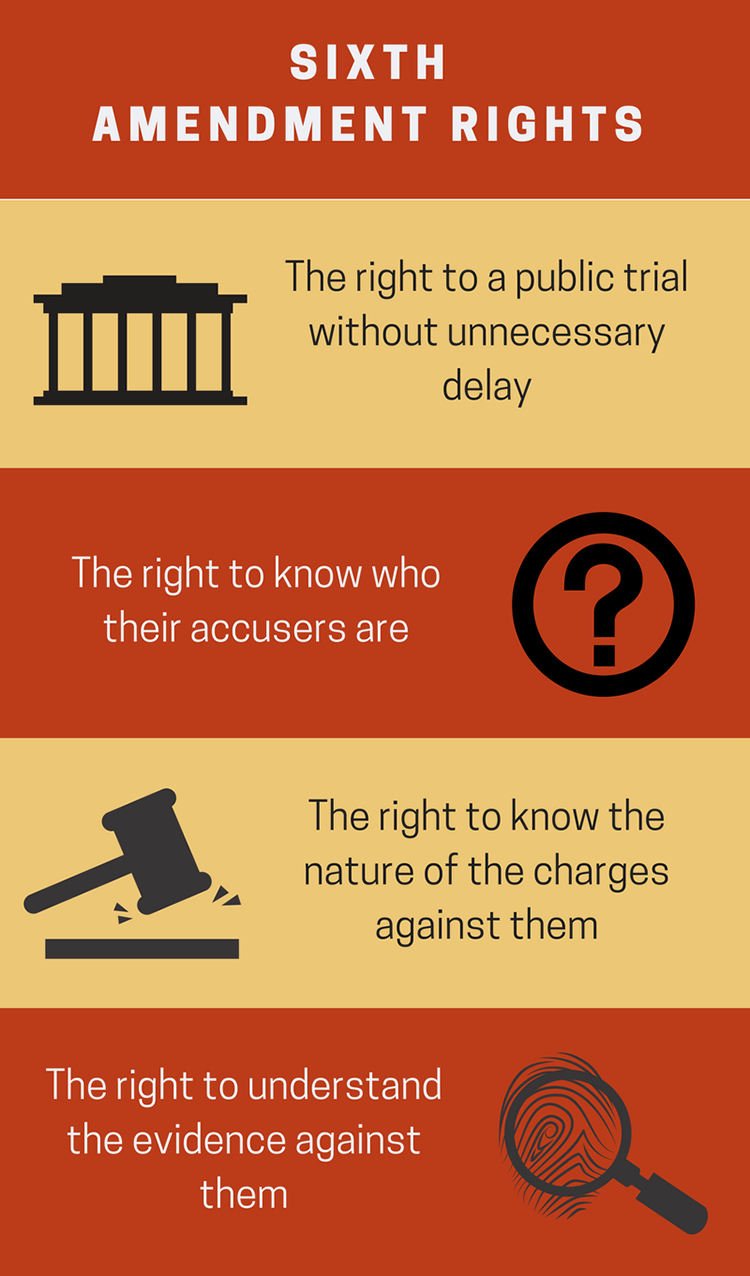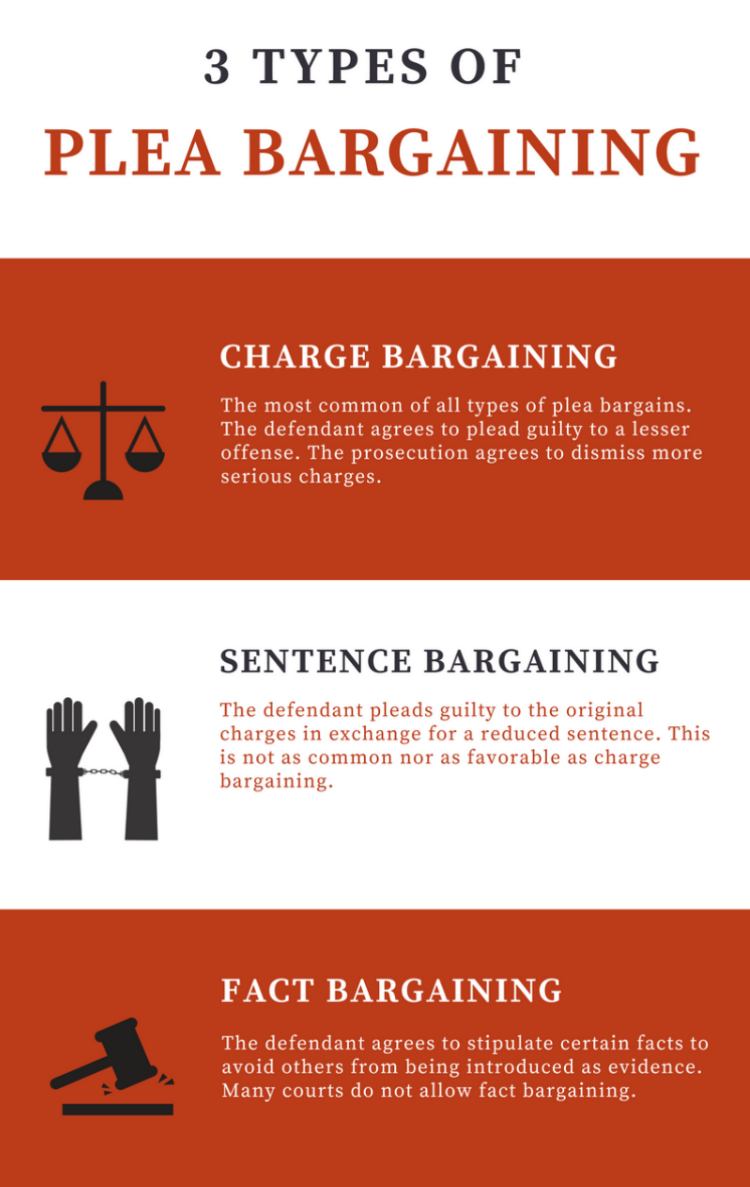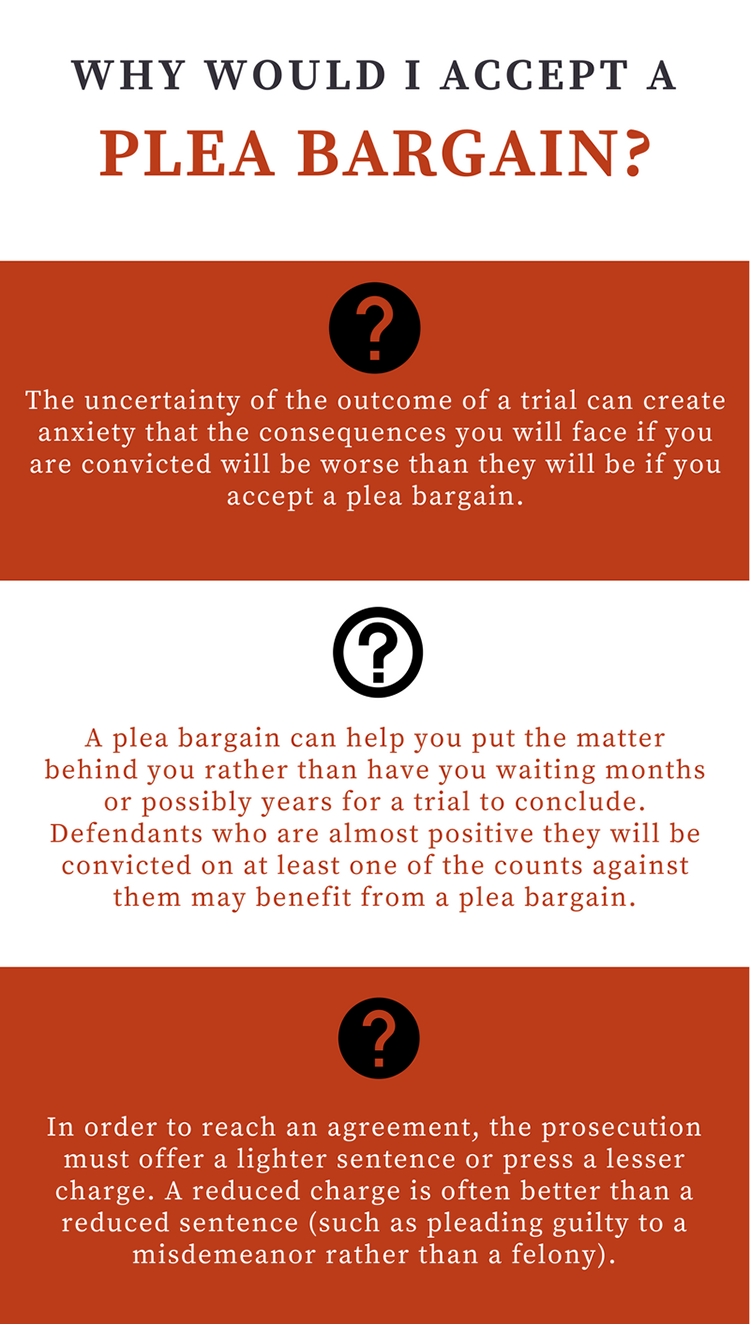

Per the Sixth Amendment to the U.S. Constitution, criminal defendants are guaranteed several rights regarding their movement through the criminal justice system. These rights include:
- The right to a public trial without unnecessary delay
- The right to know who their accusers are
- The right to know the nature of the charges against them
- The right to understand the evidence against them
However, in an overloaded criminal justice system, not everyone can realistically resolve their case through a trial. Seeking a trial is also not guaranteed to provide the best outcome in each case.
 This is where plea bargaining comes into play. It is estimated that between 90% and 95%of cases at the federal and state level settle through plea bargaining, which offers advantages to defendants and prosecutors alike. If you have been accused of a criminal offense in Louisiana and face criminal charges, you deserve to know what plea bargaining entails. You should also speak with a seasoned defense attorney to understand the best course of action for your unique case.
This is where plea bargaining comes into play. It is estimated that between 90% and 95%of cases at the federal and state level settle through plea bargaining, which offers advantages to defendants and prosecutors alike. If you have been accused of a criminal offense in Louisiana and face criminal charges, you deserve to know what plea bargaining entails. You should also speak with a seasoned defense attorney to understand the best course of action for your unique case.
Defining “Plea Bargaining”
In simple terms, plea bargaining is a way to reduce the charges or potential penalties a criminal defendant faces through an agreement made between the defendant and the prosecutor on the case. The defendant agrees to enter a plea of guilty or no contest in exchange for the prosecutor taking an action that will ultimately benefit the defendant. There are three key types of plea negotiations: charge bargaining, sentence bargaining, and fact bargaining.
Charge Bargaining
Charge bargaining occurs when the defendant agrees to plead guilty to a lesser offense provided that the prosecutor will dismiss the charges he faced for a more serious crime. Charge bargaining is by far the most common form of plea bargaining.
Sentence Bargaining
Sentence bargaining is far less common than charge bargaining and is more restricted. It takes place when the accused agrees to plead guilty to the original charges against him or her in exchange for a reduced sentence. Sentence bargains must usually be reviewed by the judge, and many jurisdictions do not allow them.
Fact Bargaining
Fact bargaining is the least common type of plea bargaining. It occurs when a defendant agrees to stipulate (agree to) certain facts in order to avoid other facts from being introduced into evidence. Many courts do not allow fact bargaining and many attorneys do not like to use it.
Conditions for Plea Bargaining to Succeed
 A valid plea bargain must be an agreement that the defendant enters into knowingly and voluntarily. The defendant must thoroughly understand what the bargain entails. Criminal defendants in Louisiana are advised to speak with an attorney before entering any plea bargaining agreement, as it may not be the best option for your particular case. Defendants who vehemently stand by their innocence, for example, may perform better at trial.
A valid plea bargain must be an agreement that the defendant enters into knowingly and voluntarily. The defendant must thoroughly understand what the bargain entails. Criminal defendants in Louisiana are advised to speak with an attorney before entering any plea bargaining agreement, as it may not be the best option for your particular case. Defendants who vehemently stand by their innocence, for example, may perform better at trial.
Why do Prosecutors Offer Plea Bargains?
State and federal courts resolve the vast majority of cases through plea bargains. Above all, prosecutors offer plea bargains to speed up the resolution of a case in an overburdened justice system. The prosecutor cannot guarantee the outcome of a trial, so by offering to negotiate with the defendant, the plea bargain helps the case reach a conclusion that is favorable to the prosecutor. That does not mean that there aren’t also advantages for defendants.
Why Would I Accept a Plea Bargain?
Defendants may also favor plea bargains for a number of reasons:
- The uncertainty of the outcome of a trial can create anxiety that the consequences you will face if you are convicted will be worse than they will be if you accept a plea bargain
- A plea bargain can help you put the matter behind you rather than have you wait months or possibly years for a trial to conclude. Defendants who are almost positive they will be convicted on at least one of the counts against them may benefit from a plea bargain.
- In order to reach an agreement, the prosecution must offer a lighter sentence or press a lesser charge. A reduced charge is often better than a reduced sentence (such as pleading guilty to a misdemeanor rather than a felony).
In many cases, accepting a plea bargain will result in a better outcome than going to trial. Your Louisiana criminal defense lawyer will advise you on the best course of action to take so you can decide if a plea bargain is a sensible resolution for your case. Contact the John D. & Eric G. Johnson Law Firm to discuss your criminal case for free. Call (318) 377-1555 or reach out to us online.
Frequently Asked Questions About Plea Bargains
What is plea bargaining?
Plea bargaining is a way to reduce the charges or potential penalties a criminal defendant faces through an agreement made between the defendant and the prosecutor on the case. The defendant agrees to enter a plea of guilty or no contest in exchange for the prosecutor taking an action that will ultimately benefit the defendant.
What are the different types of plea bargains?
There are three key types of plea negotiations: charge bargaining, sentence bargaining, and fact bargaining.
What does sentence bargaining mean?
Sentence bargaining is far less common than charge bargaining and is more restricted. It takes place when the accused agrees to plead guilty to the original charges against him or her in exchange for a reduced sentence. Sentence bargains must usually be reviewed by the judge, and many jurisdictions do not allow them.



